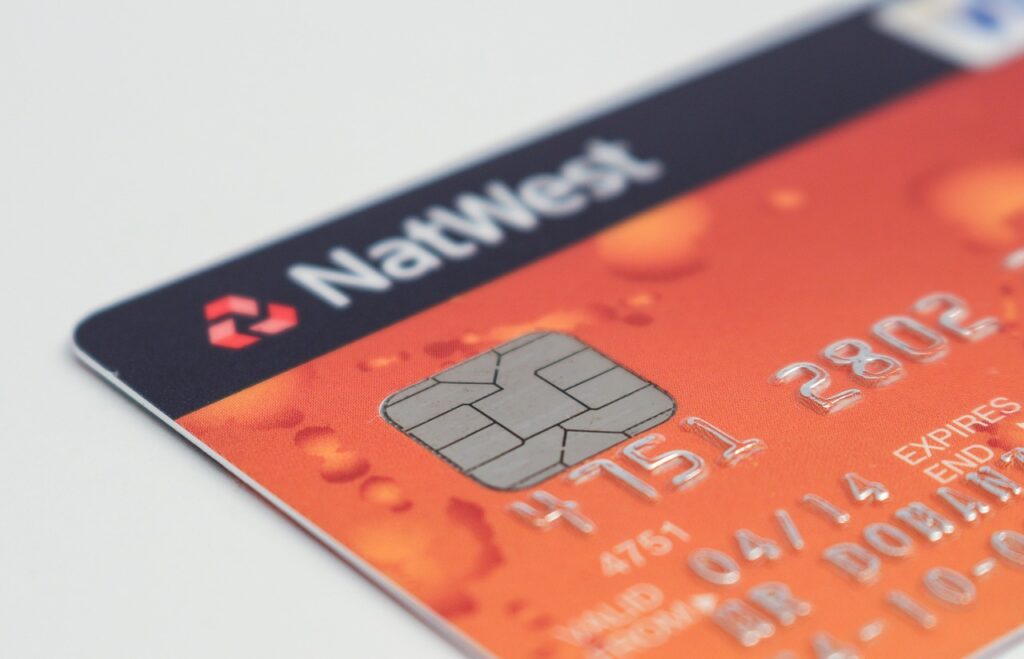Understanding Repossession: How Many Car Payments Can You Missed Before Repo?

Purchasing a car is often a significant financial decision for many individuals. However, circumstances can change unexpectedly, leading some car owners to struggle with meeting their monthly payments. While missing a single car payment might not trigger immediate repossession, it is essential to understand the implications of multiple missed payments. In this article, we will explore the process of car repossession, the factors affecting it, and what you can do to prevent this from happening.
- What is Car Repossession?
Car repossession occurs when a car lender reclaims a vehicle from the borrower due to missed payments or other breaches of the loan agreement. Repossession is a legal process that lenders resort to when they feel that the borrower is unable or unwilling to meet their payment obligations. The lender sells the repossessed vehicle to recoup the remaining balance on the loan.
- The Repossession Process
The specific process and rules for car repossession can vary depending on the state or country’s laws. However, the general process usually involves the following steps:
a) First Missed Payment: Missing a single car payment may not immediately lead to repossession. Lenders often provide a grace period, usually a few weeks, to allow borrowers to catch up on their payments without penalty.
b) Multiple Missed Payments: The number of missed payments required before repossession typically depends on the lender’s policies and the terms outlined in the loan agreement. It is not uncommon for lenders to initiate the repossession process after the borrower has missed two to three consecutive payments.
c) Notice of Default: After several missed payments, the lender will likely issue a “Notice of Default” to the borrower. This notice informs the borrower of their delinquent status and the lender’s intention to proceed with repossession if the outstanding payments are not made promptly.
d) Repossession Order: If the borrower fails to respond or rectify the situation, the lender will obtain a court order or repossession order to recover the vehicle legally.
e) Repossession: The lender will employ a repossession agency to locate and retrieve the vehicle. In some cases, they may even involve law enforcement to ensure a smooth repossession process.
f) Vehicle Auction or Sale: Once repossessed, the lender will sell the vehicle, often through auctions, to recoup the remaining loan balance. In some instances, the borrower might still be responsible for any deficiency between the car’s sale price and the outstanding loan amount.

- How to Avoid Repossession
Facing car repossession can be an overwhelming and distressing situation. Fortunately, there are steps you can take to prevent or minimize the risk of repossession:
a) Communication: If you are experiencing financial difficulties and anticipate missing a car payment, it is crucial to communicate with your lender as soon as possible. Many lenders are willing to work with borrowers to create a modified payment plan or offer a temporary forbearance to help them get back on track.
b) Refinance or Loan Modification: Consider refinancing your car loan to lower your monthly payments or extend the loan term. Additionally, you might explore loan modification options that could make the loan more manageable.
c) Sell the Vehicle: If you find yourself unable to afford the car payments, selling the vehicle voluntarily might be a viable option. While this won’t erase the loan entirely, it can prevent repossession and reduce the financial burden.
d) Seek Legal Advice: If you believe that your lender is engaging in unfair practices or has violated your rights, it is essential to seek legal advice from a qualified attorney who specializes in consumer protection.
Car repossession is a serious consequence of defaulting on car loan payments. While the exact number of missed payments before repossession varies, it is generally considered a last resort for lenders. To avoid this situation, open communication with your lender is key. If you find yourself facing financial difficulties, consider exploring various options such as refinancing, loan modification, or selling the vehicle voluntarily.
By taking proactive steps, you can protect yourself from the stress and financial repercussions of car repossession. Remember, each case is unique, and seeking professional advice is crucial to understanding your specific situation and making informed decisions.